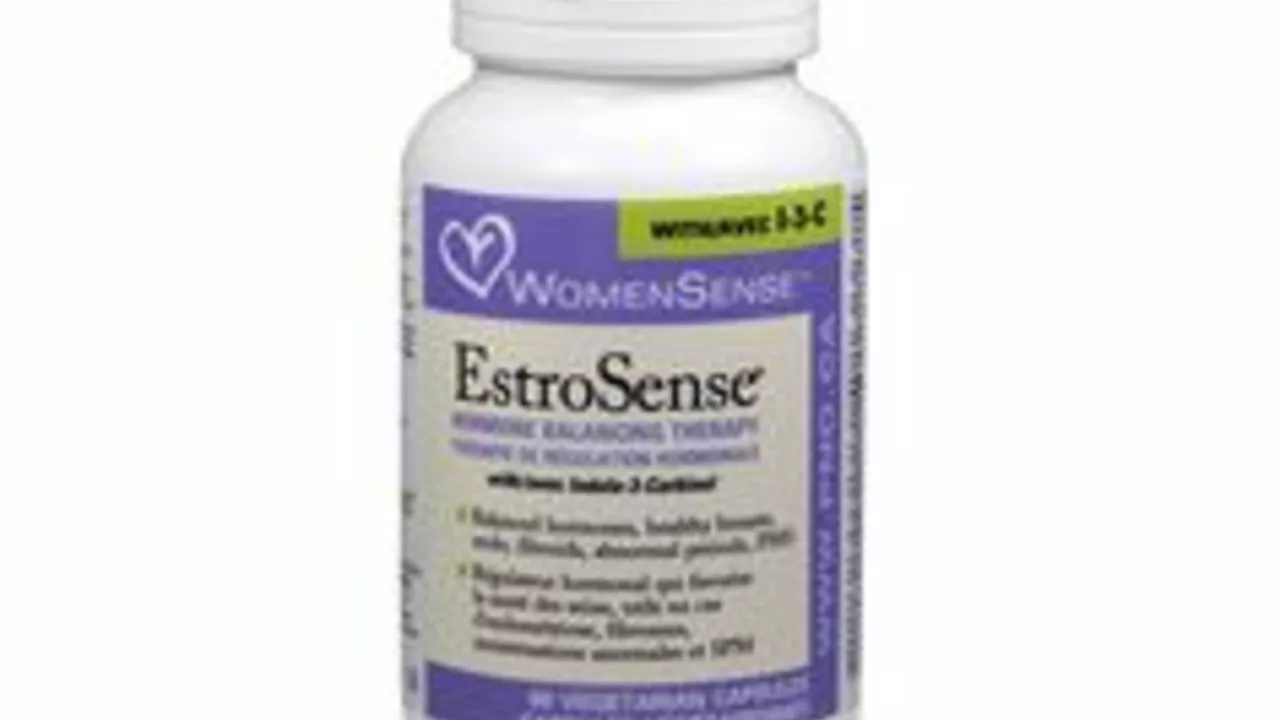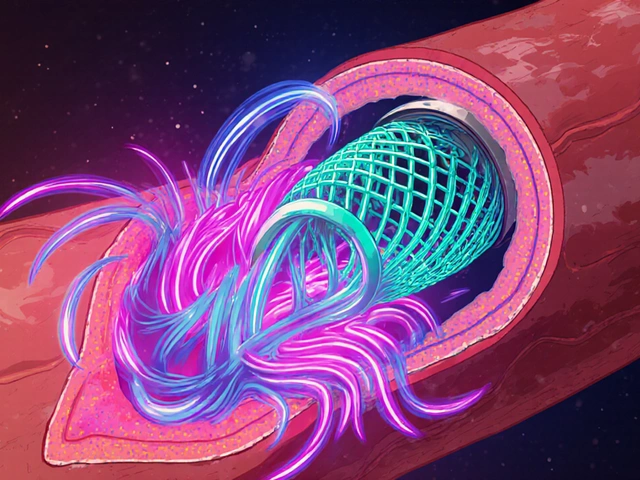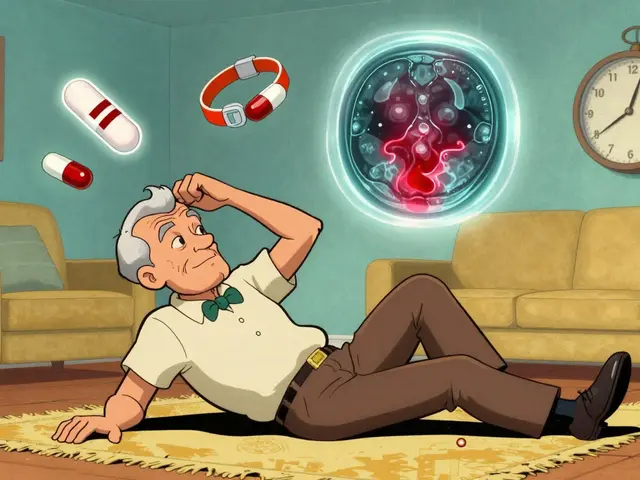Hormone Therapy: What You Need to Know Before Starting
Hormone therapy can fix tough symptoms—hot flashes, low energy, thyroid problems, or low sex drive—but it also has real risks. Want to feel better without surprises? Start with the basics: which hormone you need, why, and how to take it safely.
Common types and what they do
Estrogen (Estrace and others): used for menopause symptoms and low estrogen. It eases hot flashes and protects bones, but can raise the risk of blood clots and affect the breast if used long-term. Doctors often pair it with progesterone for women who still have a uterus.
Testosterone: prescribed for men and some women with proven low levels. It can boost energy, mood, and sexual function. Watch for acne, mood swings, and changes in cholesterol. Men on testosterone should get regular PSA and hematocrit checks.
Thyroid hormones (levothyroxine): replace low thyroid hormone to restore energy, temperature control, and metabolism. Dose needs to be tailored with blood tests—too much or too little causes symptoms.
Corticosteroids and growth hormone: used for specific conditions under specialist care. These carry specific side effects and need close monitoring.
How to stay safe: testing, monitoring, and buying meds
Start with tests, not guesswork. For estrogen or testosterone, a baseline blood test (estradiol, total and free testosterone) plus general labs (CBC, liver, lipids) helps your doctor pick the right dose. Thyroid therapy requires TSH and free T4 tests. After starting treatment, expect follow-up labs at 6–12 weeks and then every 6–12 months once stable.
Know the warning signs. Call your doctor if you get persistent chest pain, leg swelling, sudden severe headaches, vision problems, or rapid mood changes. Those can be signs of serious side effects like blood clots or stroke.
Buying hormones online? Be cautious. Use licensed pharmacies that require a prescription and show verifiable contact details. Avoid sites that sell controlled hormones without a prescription or offer unbelievably low prices. If you prefer telemedicine, pick services that provide a medical consultation and a clear prescription record.
Drug interactions matter. Blood thinners, some antidepressants, and certain seizure meds can change hormone levels or increase risks. Always tell your prescriber every medicine and supplement you take.
Keep a simple record: medication name, dose, start date, and any side effects. That helps your provider adjust treatment and keeps you safe when switching pharmacies or seeing a new doctor.
Want detailed, medicine-specific advice? RXMedicin has step-by-step guides on common drugs (like Estrace) and tips for buying medications safely online. Use those resources to prepare questions for your clinician and to double-check dosing and monitoring plans.
Bottom line: hormone therapy can really help, but it needs testing, follow-up, and a safe supply chain. Ask clear questions, demand baseline tests, and use licensed pharmacies or telemedicine that documents care. That keeps you getting benefits—and avoids preventable harm.
 1 August 2023
1 August 2023
The Impact of Conjugated Estrogens USP on Mental Health
Alright folks, I've been diving into some pretty impressive research lately! You wouldn't believe what I found out about these things called Conjugated Estrogens USP and their effects on our mental health, it's wild! Buckle up, because it seems these hormones can significantly impact our mental wellbeing, sometimes pulling the strings on our mood, memory, and even stress levels. In fact, some studies suggest they could even play a role in conditions like anxiety or depression. But fear not, this isn't a horror story! It's more like a fascinating mystery novel, one that science is still trying to fully unravel. So, stay tuned for more updates on this intriguing topic!
Latest Posts
-

Latex Allergy: Cross-Reactivity and Workplace Management
-

How High Blood Pressure Increases Risk of Blood Clots in Stents
-

Head Injury While on Blood Thinners: When to Get a CT Scan
-

Travel Sickness and the Elderly: Caregiver Tips for a Smooth Journey
-

Cost Savings from Generic Combinations: How Switching to Lower-Cost Generics Saves Money Without Losing Effectiveness

15